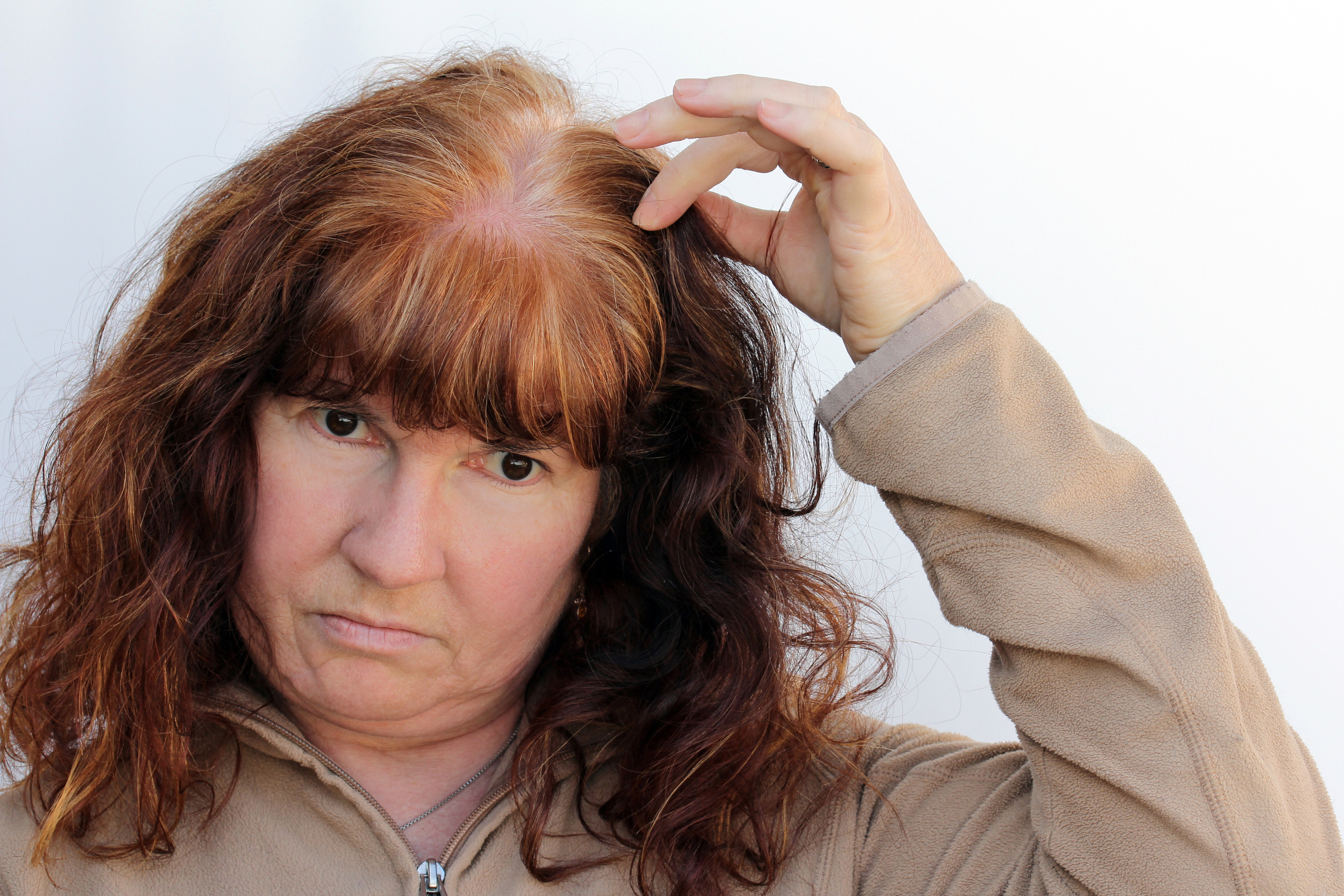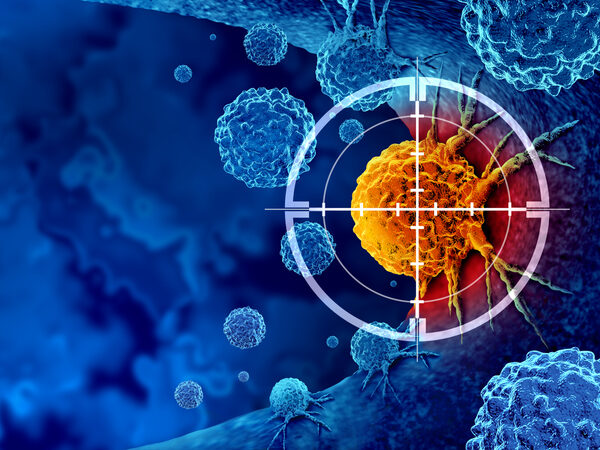The last 8 months of pandemic life has brought many people an opportunity to slow down, reconnect with loved ones and appreciate the little joys in life. But for others, the effects of COVID-19 have been stress-inducing. Children and grandchildren are homeschooling, seniors are in isolation to protect their health, jobs have been lost and people with chronic health conditions are fearful they will become seriously ill from the virus. All this anxiety can not only cause people to gain pounds from too much comfort food, but some adults may be losing their hair as a side-effect of the year’s stressful events.
Severe hair shedding is a medical condition called telogen effluvium which can be caused by stressful events, emotional or physical trauma, pregnancy, hospitalization or infection. According to the Henry Ford Health System, the switch from the growing phase of the hair cycle to an excessive shedding stage can be initiated by the stress of caring for a loved one who is ill or the loss of a family member.
While some people seem to be thriving in relative isolation – baking bread, taking long hikes and learning to knit, others have had their whole lives turned upside down. Adult children or grandchildren may have moved home, and some families have made the decision to care for elderly loved-ones themselves rather than risk endless months of social isolation. But all these disruptions to daily life can take a toll, and the hairline may reveal the impact stress has on our health and well-being.
The Good News
This kind of hair loss is usually temporary and within a year, most people return to their normal hair cycle. People usually lose 50 to 100 hairs per day but people with telogen effluvium can lose about 300 hairs per day. Until the condition resolves itself, using minoxidil (trade name Rogaine) may help decrease hair shedding. This type of hair loss is only one of many. A dermatologist can help pinpoint the cause and prescribe the appropriate treatment. In some cases, steroid injections may be helpful. Many doctors are continuing to offer telehealth visits for patients who do not want to leave home for a consultation.
New Treatments
Among the treatments for hair thinning, recent research has found platelet-rich plasma injections into the scalp can help patients regrow hair. PRP treatments are derived from your own blood, eliminating the chance of a negative reaction. Mild bruising or discomfort at the site of injection can occur and a series of 4 to 6 treatments may be required to see full results. Learn more about the procedure by following this link to a recent Harvard Health Blog post.






Add Your Voice
0 Comments
Join the Discussion